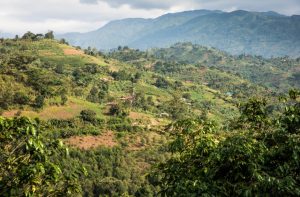Pesticides Are Making Children Aggressive
“Pesticides cause a multitude of adverse effects on humans. However, they are especially harmful to children.” Pesticides cause a multitude of adverse effects on humans. However, they
“Pesticides cause a multitude of adverse effects on humans. However, they are especially harmful to children.” Pesticides cause a multitude of adverse effects on humans. However, they
Women in Indiana’s “corn belt” had shorter pregnancies if they were regularly exposed to glyphosate, a new peer-reviewed study has found “Glyphosate is the most
We have all heard of vegetarian, vegan and flexitarian diets. But have you heard about wildevore diet? Surely, no! Nowadays, dieting is considered a national

About one third of the world’s land, more than four billion hectares, is forest. Every year, this area decreases by an average of 13 million
This headline from the smart website newfoodeconomy.org caught our attention: “General Mills is transitioning 53 square miles of South Dakota farmland to certified organic.” That’s
There are plenty of ways humans can be exposed to toxins like endocrine-disrupting chemicals (EDCs), carcinogenic and mutagenic pollutants, and harmful chemicals in personal care